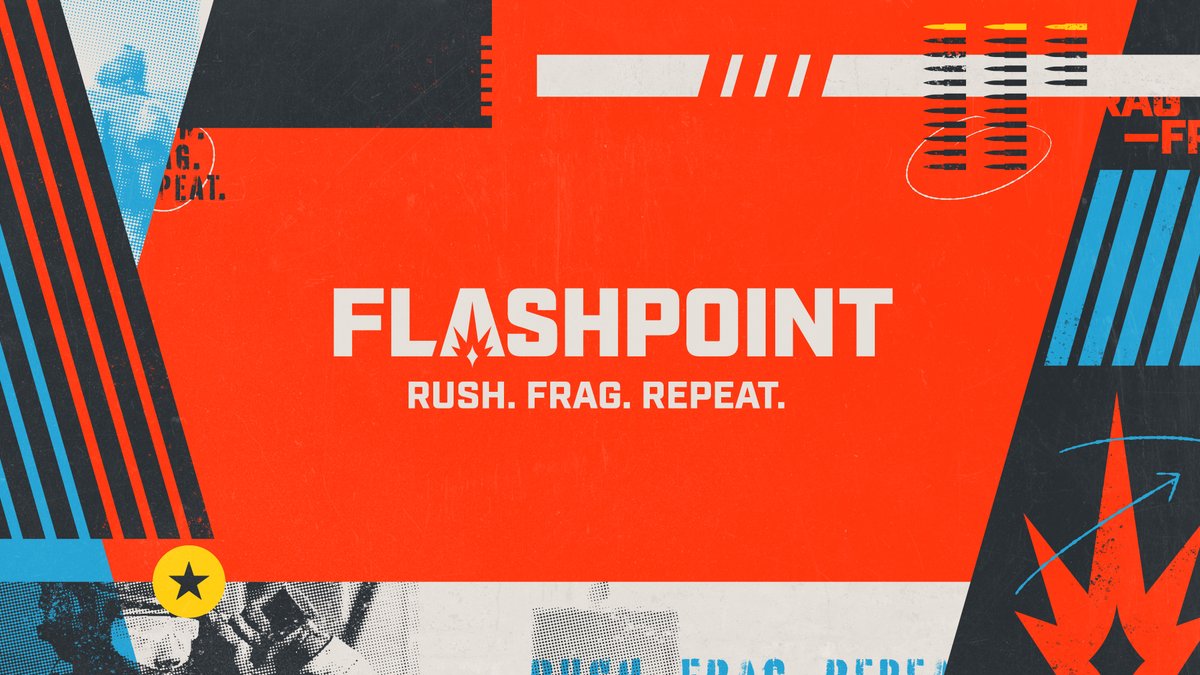Physical Address
304 North Cardinal St.
Dorchester Center, MA 02124
Physical Address
304 North Cardinal St.
Dorchester Center, MA 02124

Recently we have seen a big drama between the two major CS:GO leagues dominating headlines, as they started a blaming war on Twitter. Creating a lot of confusion about an upcoming season before it even started, the rift has potentially changed the CS:GO professional scene. What is actually going on and why it can be so impactful?
On one side we have ESL Pro League, a well known premier league with most of the world’s top teams participating. On the other side, there is Flashpoint, formerly known as ‘B-site’ – new, franchise-owned professional league operated by FACEIT that has launched just a few weeks ago.
Flashpoint, owned by 12 teams such as Cloud9, Dignitas, c0ntact, Gen.G and others, was created ”to address a lack of stability and long-term investments, and the immediate threat to team organizations of the establishment of a tournament organizer monopoly.” Basically, what they are trying to sell, is a new approach towards players and teams, something that is supposed to be big and different from the old ways of ESL, many times criticised for its handling of the league. Yet, just two weeks after the Flashpoint launch, ESL announces a long-term partnership with 13 of top 30 teams in HLTV rankings and also reveals the rest of teams competing in Season 11. In total, 22 out of 24 ESL teams are in the top 30. Flashpoint has only 4.
Why would the world’s best teams turn away from a player-focused league that could create a healthy competition for the monopoly market of CS:GO esports? And in addition, potentially bring a change for the better? Looking closely, there are a few reasons for this.
One of them is a very strict condition towards performance of teams. $100,000 in monthly fines if a team is outside the top 20, is hell of a motivation. That’s already half the teams announced getting fined for not being a high enough rank! Or maybe they don’t feel like paying $2 million entry fee. That is if a team wants to join a share in the revenue. There are still two spots to get in through qualifiers, but these don’t get the piece of cake.
ESL offered a bit better conditions. Their ‘Louvre Agreement’ grants teams a long term slot for participation in the league and in the decision making process, protection from relegation and also a share on revenue but without fines and fees. It’s not a total franchise system though. Thirteen “founder” teams became majority stakeholders, while further 11 have to qualify. ESL also places an importance on performance but not in such harsh way. If one of the partner teams places last in their group in 3 out of 4 seasons, their partner slot shall be subject to review.
However, Flashpoint wins the prize pool category with $2,000,000 up for grabs in 2020, while ESL offers “only” $750,000. Their revenue offer is also supposed to be better.
Unfortunately for Flashpoint, money won’t balance the lack of top ranked teams in the league. From the viewer’s perspective, EPL would be surely more interesting to watch. Nonetheless, Flashpoint do have an ace up their sleeve and that is featuring some of the best CS:GO talents, such as Creative Director, Duncan “Thorin” Shields alongside Christopher “MonteCristo” Mykles or Auguste “Semmler” Massonnat. You know what they say, casters make a match.
The biggest concern here is overlapping of leagues. Sure, after Valve’s intervention towards ELS’s planned exclusivity rights for teams (although not complete ban), leagues are careful and place no restrictions on participation on other tournaments. For now. But what prevents the leagues from setting dates of tournaments on the same days? Even setting the dates close to each other could make it impossible for qualifying teams to make it. Certainly it would cause a massive headache for fans as well. And this has already almost happened, as initially the Flashpoint Open Qualifiers clashed with Open Qualifiers for the ESL One Rio Major. Flashpoint eventually changed the dates, but this is what started all the Internet drama between both leagues.
A recent blame war on Twitter saw a battle of who had set the dates first, when it came to Thorin accusing team Astralis of lying and backing out of a deal, after they simply prioritised a better offer. This has arisen questioning of Flashpoint’s seriousness, as Thorin’s choice of language and general accusations and name calling don’t appear very professional, considering he is the face of Flashpoint.
It will be surely interesting to watch if and how will Flashpoint deal with all the challenges and with their goal of pursuing a big change, just as how will both leagues battle over viewership and even teams. Will this hurt or help CS:GO esports? We are about to find out!